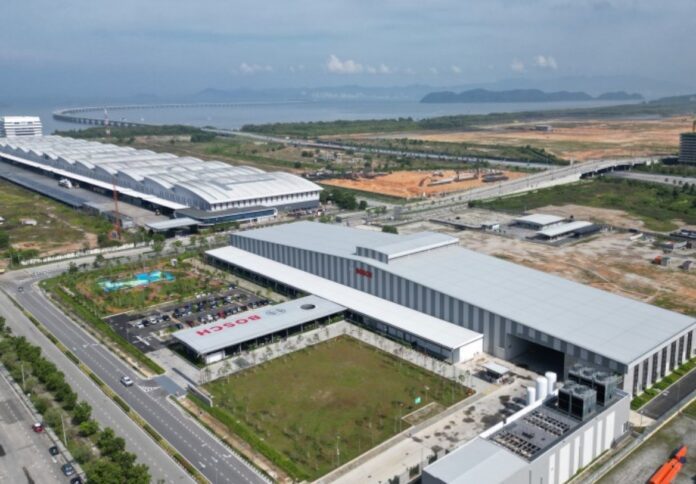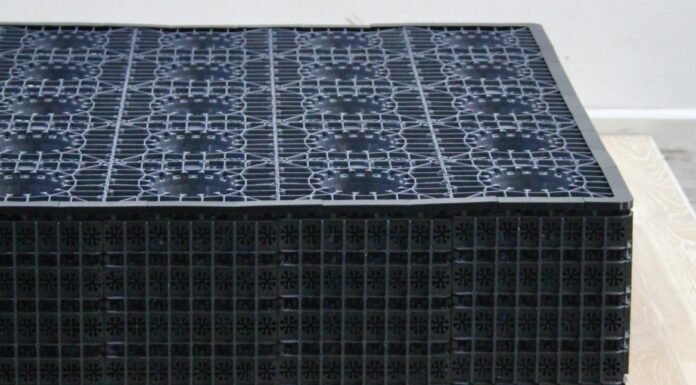
Bosch has opened a new semiconductor test centre in Penang, Malaysia, investing EUR 65 million (AUD 109 million) to create additional capacity within the company’s global manufacturing network to meet the continued high demand for chips and sensors.
In a press release, Bosch revealed that the initial investment in the Malaysian test centre will be followed by an additional EUR 285 million (AUD 477 million) by the middle of the next decade.
The 18,000-square-metre facility, which contains clean rooms, office space, and laboratories, will then enable increased semiconductor fabrication.
Dr Stefan Hartung, chairman of the Bosch board of management, emphasised that the new testing centre aims to address the ongoing strong demand for chips and sensors.
“Semiconductors are a decisive success factor for all Bosch business areas, and the expansion of this business is strategically very important,” Dr Hartung noted.
In particular, the centre will be built on 100,000 square metres of land and will employ up to 4,200 semiconductor workers in the next decade, making it Bosch’s largest facility in Southeast Asia.
Bosch’s front-end manufacturing is currently handled by fabs in Reutlingen and Dresden, Germany. Back-end semiconductors are now being tested at Reutlingen, China, and Hatvan, Hungary.
The Malaysian factory will connect to these facilities, making it one of the most sophisticated semiconductor test centres in Southeast Asia, according to Bosch.
Meanwhile, Dr Markus Heyn, member of the Bosch board of management and chairman of the Mobility business sector, stated, “The new test centre in Penang brings our manufacturing network closer to the companies that serve the further value chain of semiconductor manufacturing as well as to customers in this important Asian market.
“That shortens delivery times and routes, and it improves our competitiveness,” Dr Heyn added.
According to Bosch, frontend manufacturing and backend manufacturing are the two main divisions in semiconductor production. Malaysia serves as a key node in the global supply chain for semiconductors in the latter case.
Official figures show the nation provides 13 per cent of the world’s backend manufacturing. In recent years, the state of Penang has produced more than five per cent of the global semiconductor market’s income.




















